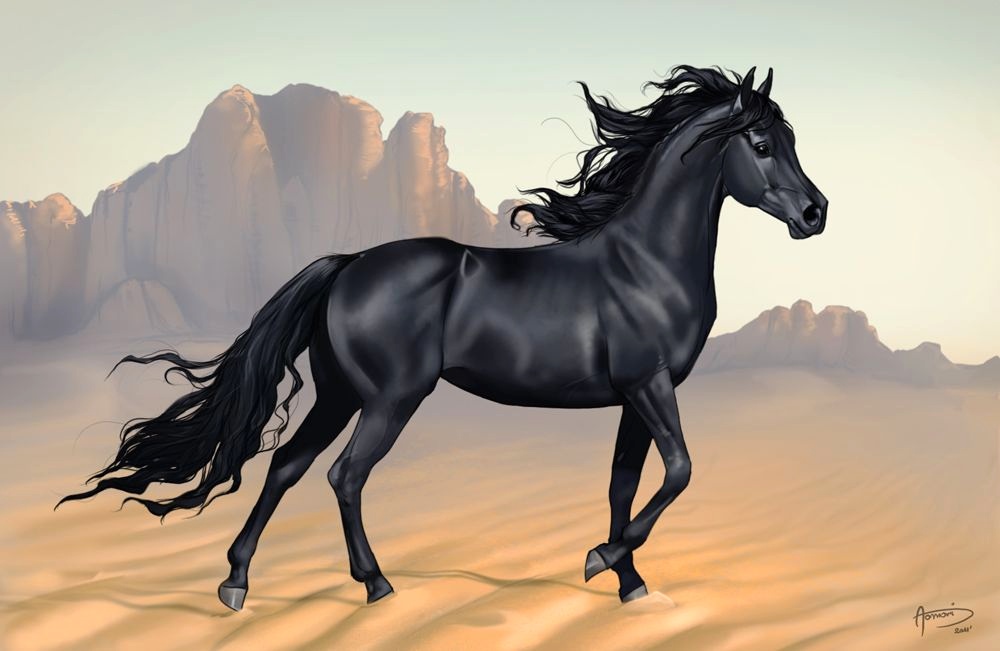Horse racing is one of the oldest and most exciting sports around. It can also be one of the most profitable, with some racers making a living off of betting on the outcome of races. But for those new to the sport, it can be difficult to know what good odds on a horse are. This article will give an overview of the different types of odds and what makes a good bet.
Understanding Horse Racing Odds
The first step in understanding good odds on a horse is to understand how horse racing odds work. The odds of a horse race are determined by the amount of money that is bet on the horse, and the amount of money the horse will pay out if it wins. The higher the odds, the higher the potential payout.
Odds are usually expressed using a fraction or a decimal. A fractional bet is when the odds are expressed as a ratio, such as 4/1. This means that if the horse wins, the bettor will receive $4 for every $1 that was bet. A decimal bet is when the odds are expressed as a decimal, such as 4.5. This means that if the horse wins, the bettor will receive $4.50 for every $1 that was bet.
Factors That Affect Horse Racing Odds
There are a number of factors that can affect the odds of a horse race, including the track conditions, the horse’s past performance, the jockey, and the amount of money that has been bet on the horse.
Track conditions are important because they can affect the speed of a horse. A horse racing on a wet track may not be able to reach its maximum speed and may not be able to compete with a horse racing on a dry track. Weather can also play a role in track conditions, so it’s important to pay attention to the weather forecast before placing a bet.
The horse’s past performance is also a key factor in determining the odds. A horse that has won several races in a row is likely to have higher odds than a horse that has had a few losses. A jockey also plays a role in the horse’s performance, as a skilled jockey can get the most out of a horse.
Finally, the amount of money that has been bet on the horse can also affect the odds. If a lot of money has been bet on a particular horse, the odds are likely to be higher. On the other hand, if there is not a lot of money bet on a horse, the odds will be lower.
What Makes a Good Bet?
Now that you understand the basics of horse racing odds, the next step is to understand what makes a good bet. Generally, the best bets are those that have the highest potential payout. This means that the higher the odds, the better the bet.
It’s also important to pay attention to the track conditions and the horse’s past performance. If the track is wet, a horse with a good record on wet tracks may be a good bet. Similarly, a horse with a good record on dry tracks may be a good bet if the track is dry.
Finally, it’s also important to pay attention to the amount of money that has been bet on the horse. If a lot of money has been bet on a particular horse, the odds are likely to be higher. In this case, the bettor should only bet if they are confident that the horse will win.
Conclusion
Good odds on a horse can be difficult to understand for those new to the sport. However, by understanding the basics of horse racing odds and what makes a good bet, bettors can increase their chances of making a profit. Ultimately, it’s important to remember to pay attention to the track conditions, the horse’s past performance, the jockey, and the amount of money that has been bet on the horse in order to make the best betting decisions.

